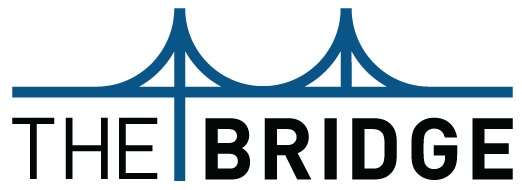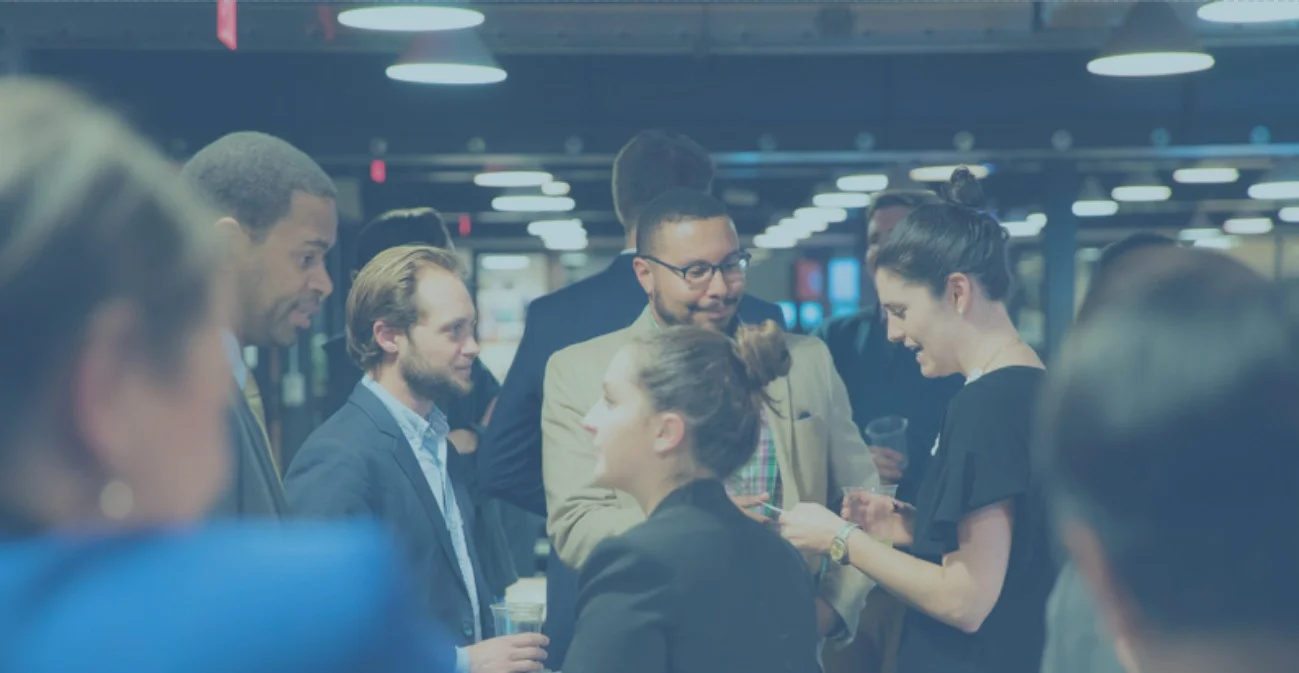TheBridge profile: Joe Toscano
Name: Joe Toscano
Current city: Los Angeles, CA
Current job: Co-Founder and CIO, the Better Ethics and Consumer Outcomes Network (BEACON)
Past job: Embedded Experience Design Consultant, R/GA @ Google
Q. Favorite spot for a coffee meeting? Anywhere with a good smoothie or tea.
Q. Describe how a skill you learned in a previous job helped you in your current job. The work I did while consulting for Google taught me a lot about translating my design work into strategic business operations at a global scale. This is everything we do at BEACON where our work is focused on taking ethical/moral dilemmas on the web and turning them into consumer outcomes. We do this because once the issue can be defined in terms of consumer outcomes it becomes a business problem, which means we can create a revenue model around the problem, drive change on business terms, and avoid stifling regulation.
Q. Job advice in three words? Consider your impact.
Q. How are you (or your company, org, nonprofit) currently bridging the gap between innovation and regulation? For most of my career, the fact that I’m a designer with a more technical background (I started my career as a developer) always made me stand out. It helped me bridge the gap between designers and developers, sealing the process and enabling communication in ways that traditional specialists couldn’t.
Now with my work at BEACON, I still stand out because of my ability to straddle multiple areas of knowledge but my knowledge has now expanded into law. I find I am one of very few designers (maybe even technologists, at large) who has actually read the GDPR, the CCPA, and many other pieces of legislation word for word to get a better understanding of how it impacts my job and where opportunities for innovation exist. For me, I consider this work like reading a design HIG. This work allows me to speak in legal language, understand technical constraints, and then demonstrate actionable solutions through interactive prototypes and full production efforts.
Q. Why are you part of TheBridge community? Why do you think it's important this community exists for tech, policy and political professionals? I started following TheBridge to make sure I was on top of my game when it comes to the tech/policy conversation. There are only a handful of communities doing this globally, and even fewer with such a diverse body of representatives. That matters to me. I believe it’s the diversity that enables such high quality of information and thought leadership.
Q. What can innovators learn from policymakers? I believe one of the most important things technologists and innovators can learn from policymakers is how to handle the responsibilities of being a public servant. This is a role we have all taken on whether we recognize it or not—especially those of us working for companies with global audiences. For this reason, I believe all innovators should learn how to adopt the mindset of a public servant and caretaker.
Q. What can policymakers learn from innovators? I think the most important thing policymakers could learn from innovators is how to crowdsource with real-time, interactive data. If our government operated this way I think everyone would appreciate it. Done well, I believe this is the way we will engage in true democracy.
Q. Favorite book/podcast/long-form article you recommend? My favorite book is actually one that has nothing to do with policy! It’s called Understanding Comics, a visually illustrated story about the overlooked and often misunderstood art of visual storytelling. The book challenges readers to reconsider our traditional models of knowledge transference. It forces readers to ask how we can make information more interactive, accessible and engaging, and demonstrates how it can be done within the book itself. This is the challenge I approach every day with my work—how to simplify these issues so that just about anyone could pick up my work and understand what's going on. My book, Automating Humanity, was my first attempt at this. The book is as close as I could get to an adult picture book for these issues, which I believe will be looked back on as some of the most pressing issues of our lifetime.
Q. Best advice you’ve received? Do what you need to do, until what you need to do becomes what you want to do.
Q. Last time you were completely unplugged? Actually, I work very hard to unplug on a regular basis. I'm very mindful of the need to disconnect. At least once a week I go hiking, longboarding or just spend time with friends and family without any screens. Unfortunately I believe many of us don’t allow ourselves to do this because of the same FOMO that keeps us hooked our screens.
Q. Morning routine? I travel a lot so it’s really dependent on where I am and what’s around me but in general I usually wake up around 5:00 to 7:00 am, read for an hour or two (usually a book or something a bit more dense), spend a couple hours doing my creative work, then go to the gym and get ready for the day after that. I try to reserve my mornings (until about 11:00 am) for myself because I find I output exponentially more and better work in those hours of the day. After that, I can answer emails, take meetings and do the other stuff that doesn’t involve such deep processing and focus from my brain.
Q. How do you unwind after work? My favorite way to relax and let my mind go is to longboard. It forces me to focus and be in the moment, otherwise I’ll end up eating cement.
We include leaders spotlights in out bi-weekly updates sent to the community. Sign up to stay up to date with events, people, jobs, info in tech, policy and politics:


